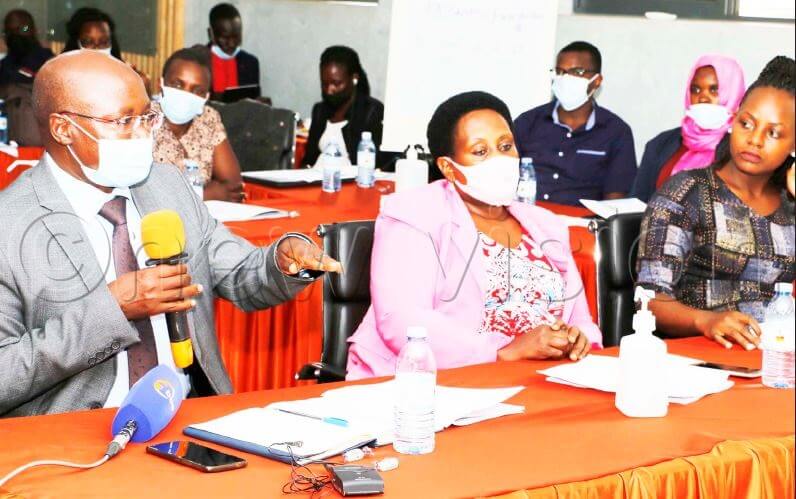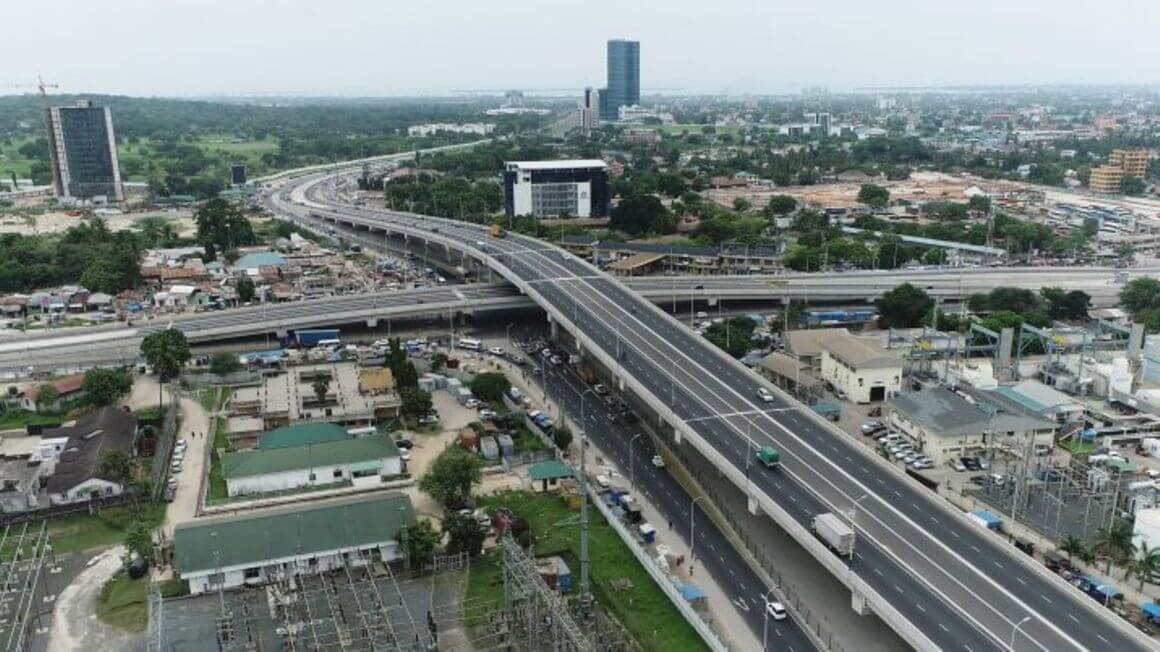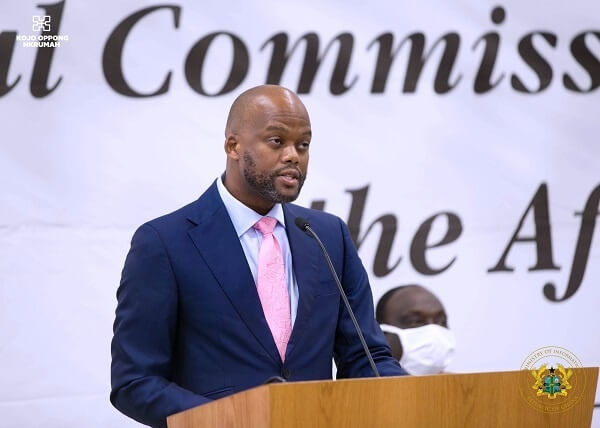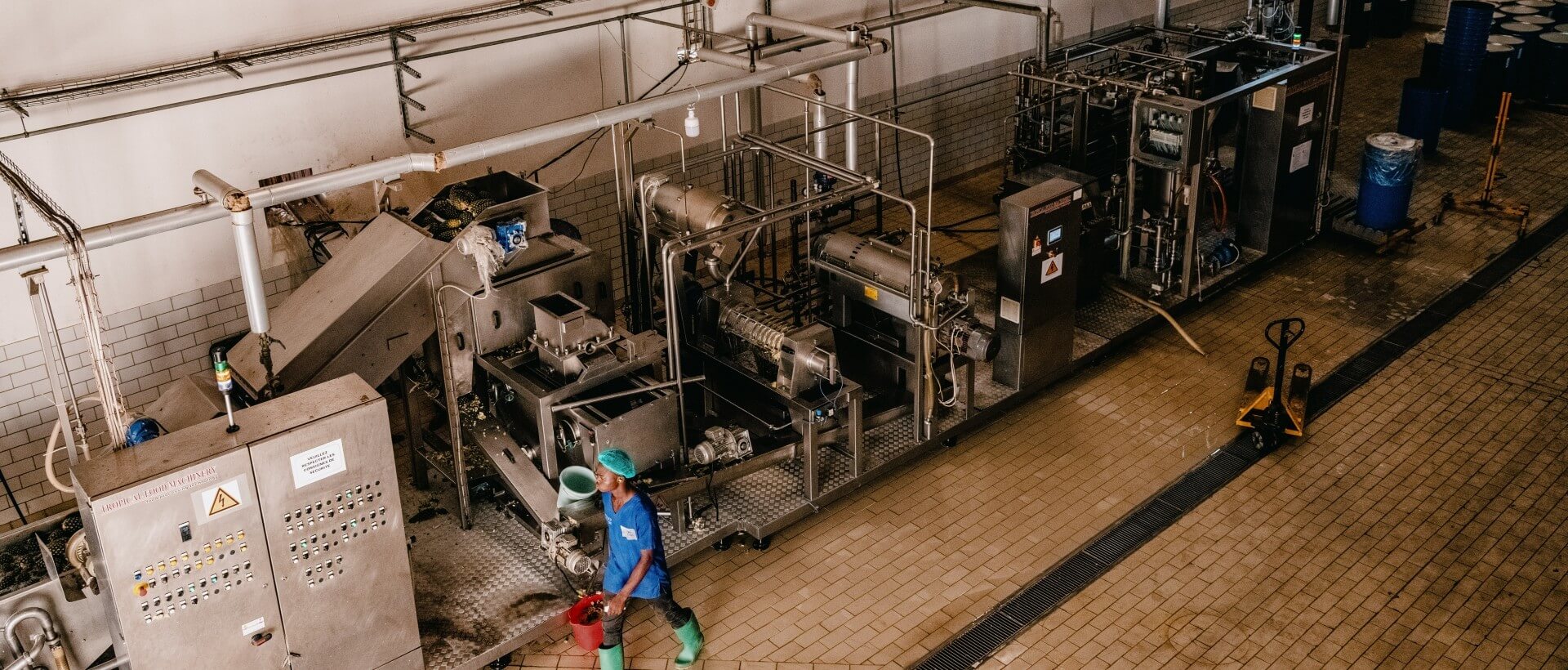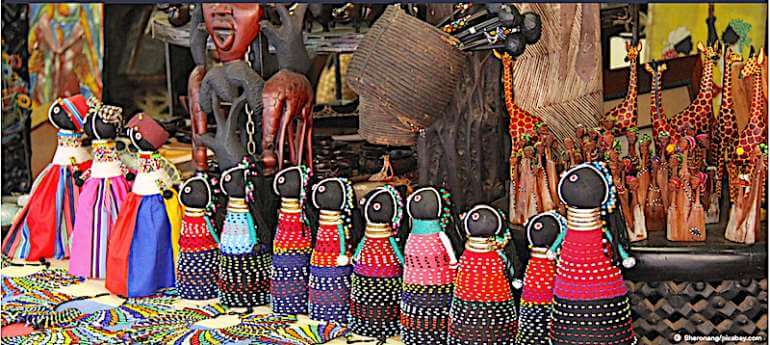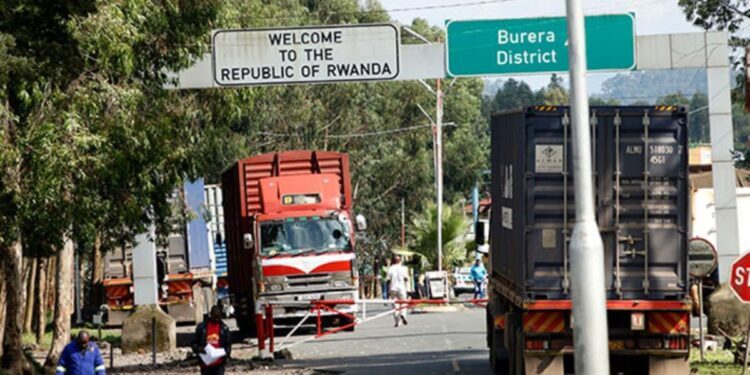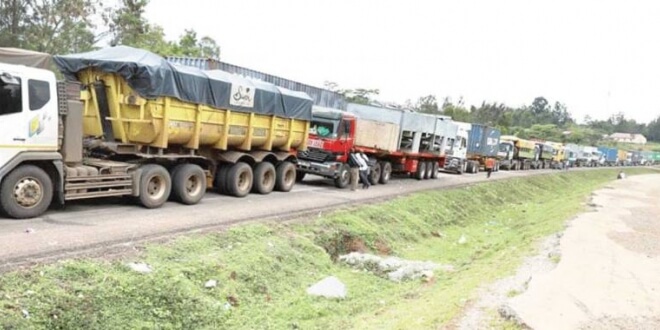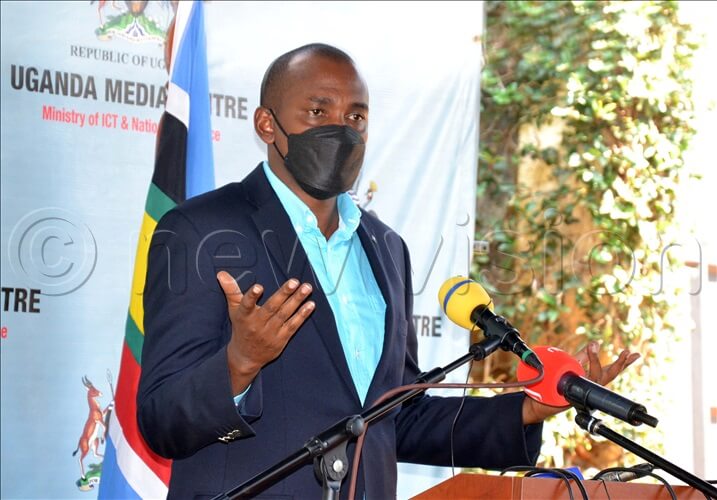Africa has long been a complex market for many global businesses. Trade and commerce have been fragmented across its 54 countries, with currencies, consumer insights and regulations specific to each. At the local level, consumers have often bought and sold things in open air markets, with cash or even barter of mobile phone minutes. But a recent pan-African trade deal has begun to streamline the African market, and technologies are giving consumers and businesses new on-ramps. The result? The continent and its 1.5 billion are more accessible than ever. Aubrey Hruby has advised companies in and out of Africa for the past two decades and is a senior fellow at the Africa Center at The Atlantic Council, a member of the Council on Foreign Relations and the co-author of an award-winning book, The Next Africa. In this month’s Signal Conversation, Hruby shared insights on how commerce is evolving and the many opportunities for businesses to engage in what is now the world’s fastest growing region. Transcript John Battelle Welcome to another Signal Conversation. I’m very excited about this one. We have with us Aubrey Hruby, who is an advisor to companies with interest in African markets, working mainly with African policymakers and Fortune 500 companies across 20 distinct African markets. She’s a senior fellow at the Africa Center at The Atlantic Council, a member of the Council on Foreign Relations and the co-author of an award-winning book The Next Africa. Welcome, Aubrey. So good to have you here. Aubrey Hruby Thank you, John....
How commerce is evolving in Africa: A conversation with Aubrey Hruby
Posted on: February 21, 2022
Posted on: February 21, 2022


